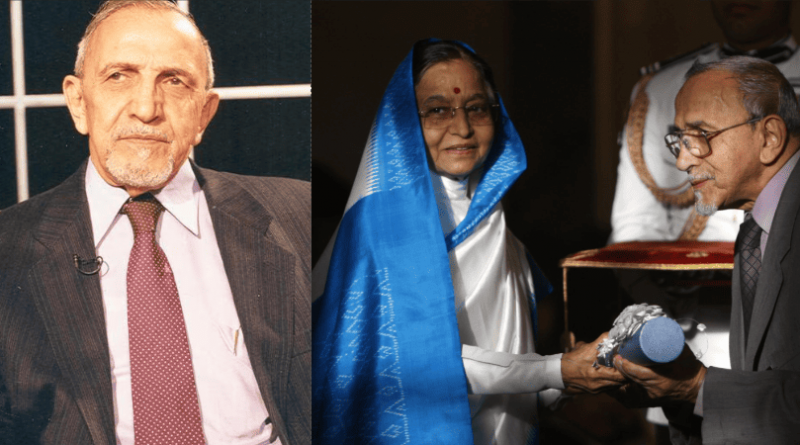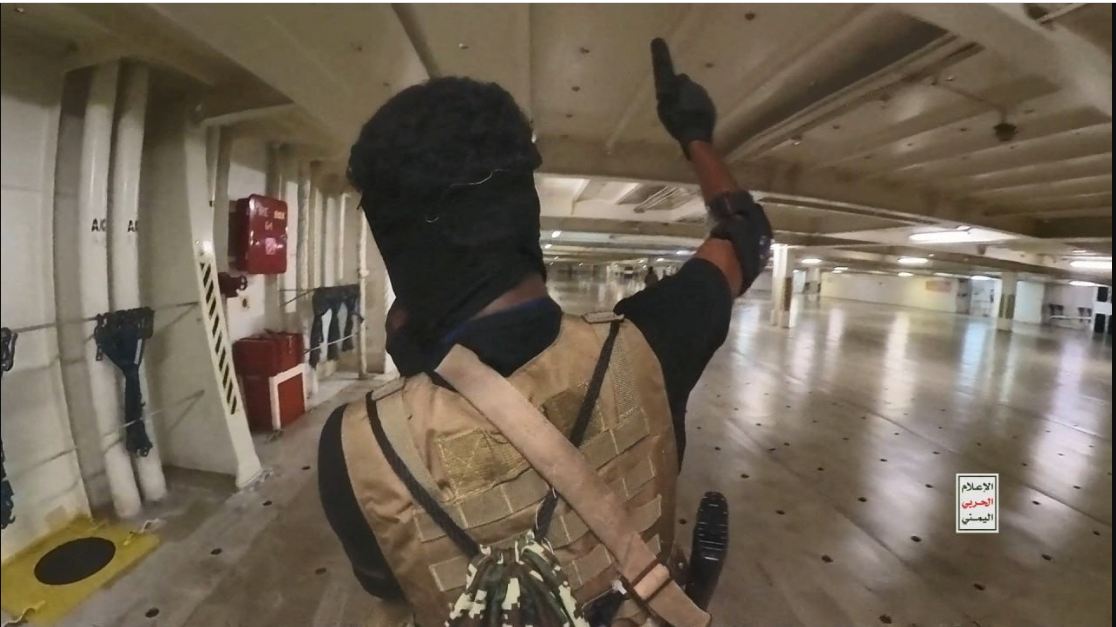Ebrahim Alkazi: Where Saudi Roots Met Indian Cinema
Alkazi trained a generation of actors who went on to dominate both theatre and cinema.
Ebrahim Alkazi’s name is etched in Indian history as the father of modern theatre, but his life also tells a deeper story, one that speaks to the centuries-old relationship between India and Saudi Arabia.
Born in Pune in 1925 to a Saudi father and a Kuwaiti mother, Alkazi grew up at the meeting point of cultures. His heritage and upbringing reflected a world in which Arabia and India were never distant lands but blended societies, bound together by trade, pilgrimage, and migration.
Old Ties Across the Arabian Sea
The connection between India and the Arabian Peninsula goes back more than a thousand years. Long before modern diplomacy, merchants from the Hejaz and Najd crossed the Arabian Sea to India’s western ports, while Indian traders and craftsmen made their way to Jeddah, Riyadh, and other Gulf towns. Spices, textiles, pearls, and horses formed the heart of this commerce, but what truly endured were the relationships forged through these exchanges
Pilgrimage further deepened the bond.
For centuries, Indian Muslims formed one of the largest groups traveling to Mecca and Medina, strengthening cultural and spiritual ties. Many settled in the holy cities, while families from the Arabian Peninsula also found homes in India’s trading centres. These journeys created bonds of kinship, language, and tradition that went far beyond commerce. It was within this historical flow of people and ideas that Alkazi’s father migrated from Saudi Arabia to India, a move that would shape the life of one of India’s most important cultural figures.
The Making of a Theatre Pioneer
In India, Ebrahim Alkazi carved out a path that few could have imagined. After studying at St. Vincent’s High School in Pune, he went on to pursue theatre seriously, eventually training at the Royal Academy of Dramatic Art in London. This global exposure sharpened his artistic vision and gave him the tools to reinvent Indian theatres.
When he took over as director of the National School of Drama (NSD) in 1962, Alkazi transformed it into the heartbeat of Indian theatre. For 15 years, until 1977, he introduced discipline, scale, and modern techniques to a field that had often been fragmented and informal. His stagings of plays such as Tughlaq and Andha Yug were nothing short of legendary, blending Indian history with universal themes of power, morality, and human struggle.
Just as important was his role as a mentor. Alkazi trained a generation of actors who went on to dominate both theatre and cinema. Among his students were Om Puri, Naseeruddin Shah, Rohini Hattangadi, and Surekha Sikri, names that would later become synonymous with excellence in Indian acting. Through them, Alkazi’s influence extended far beyond the stage, shaping the way India told stories on screen as well.
In recognition of his extraordinary contribution, the Government of India honored Alkazi with the Padma Shri in 1966, the Padma Bhushan in 1991, and the Padma Vibhushan in 2010, India’s second-highest civilian award. These accolades reflected not only his personal achievement but also the central place he came to occupy in India’s cultural history.
A Life That Reflected Two Worlds
What makes Alkazi’s journey remarkable is not only his artistic legacy but also the cultural symbolism of his life. His father’s migration from Saudi Arabia to India was part of a broader history of mobility between the two regions. But in Alkazi, this shared history found a creative expression. He was at once Indian and Arab, rooted in both identities, and his work showed how heritage could be a source of richness rather than division.
In many ways, Alkazi’s life embodied the old-age relationship between India and Saudi Arabia. His personal story reflected how the bond between the two countries has always been more than treaties, oil, or strategic partnerships. It has been about people-the merchants who crossed seas, the pilgrims who traveled for faith, and the families who made new homes across borders. Alkazi was one such child of this exchange, and through his art, he built yet another bridge between worlds.
Remembering Alkazi, Remembering the Bond
When Ebrahim Alkazi passed away in 2020 at the age of 94, India mourned him as a cultural giant. He left behind not only a body of legendary productions and generations of students but also a legacy that continues to define Indian theatre. Yet, looking at his life also allows us to reflect on something larger: the centuries-old ties between India and Saudi Arabia.
These ties are often discussed today in terms of diplomacy, energy, or geopolitics. But Alkazi’s story reminds us that the relationship runs much deeper. It is a bond carried by ordinary people and extraordinary figures alike through trade, migration, faith, and creativity.
Ebrahim Alkazi’s life, spanning Saudi roots and Indian achievements, was one such story. In celebrating him, we also celebrate the enduring human connection between India and Saudi Arabia, a connection that has quietly shaped both nations for generations.



